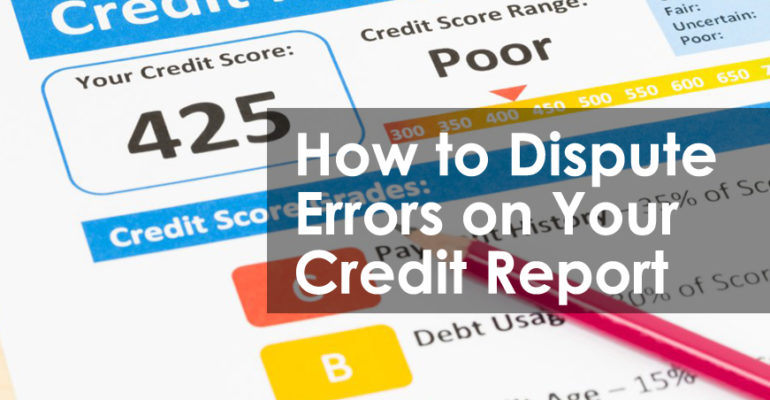What Do Credit Scores Mean and Why Are They Important?
What is a credit score? A credit score is a three-digit set of numbers ranging between 300 and 850 derived from information in your credit report. The higher the number is, the better the score. Lenders such as banks, credit card companies and finance companies use this information to determine loan eligibility, interest rates and credit limits. Credit scoring is not limited to lending institutions. Other organizations, including mobile…


